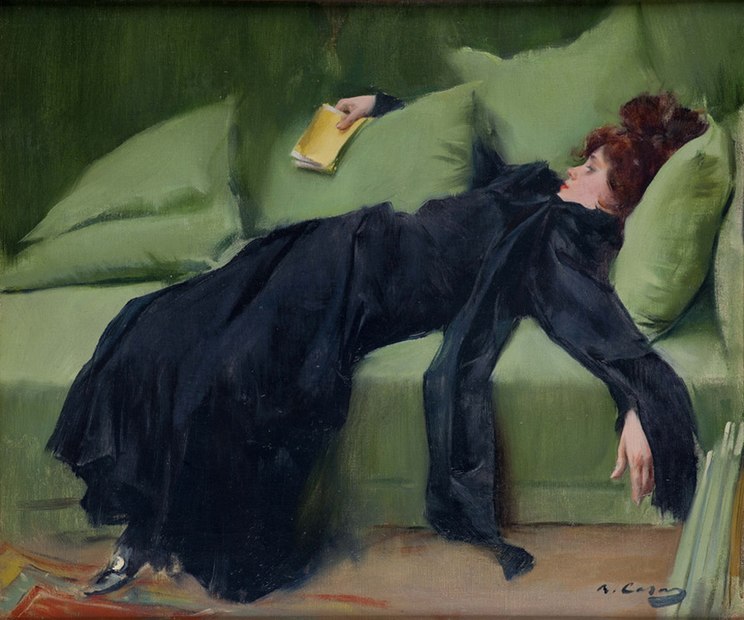At a recent fund-raising dinner for a local community farm, a woman entertained our table with tales of her worm farm. The subject was something I knew little about. I came away feeling as if I’d been given a mini-course in worm composting, Vermiculture 101. She talked about them as if they were family members and coddles them as if they are royalty. “The little things aren’t picky eaters,” she said. “They’ll eat most anything, but they go nuts over bananas and apple cores. Also avocado and coffee grounds.”
Those worms have a nice set-up: a cozy bin in the temp-controlled basement and an unending supply of gourmet worm food. Three or four times a year, she replaces the rich compost with fresh bedding—dampened peat moss, a little manure and crushed eggshells, and a handful of soil. Every so often they escape the bin, and her husband yells her name with rising inflection: “Maaag—giiieeee. They’re out again.”
“I want to come meet your worms,” I said, catching her enthusiasm.
“I’ll have to tell them about you before you come,” she said, careful not to commit, obviously protective of their privacy. I wanted to say, “But I’ll bring a good French roast….”
I loved her loving her worms. It seemed very Zen to me, loving something so crucial in the cycle of life–we are, as Shakespeare said, reduced in the end to “worms’ meat”–and respecting them as is their due. Charles Darwin,  in his 1880 book called The Formation of Vegetable Mould through the Action of Worms, asserts that “Worms have played a more important part in the history of the world than most persons would at first suppose.” Somehow, I think we’ve regressed here–the Victorians were more at ease with that truth than Americans are today, with our obsessive sterilization of skin and home.
in his 1880 book called The Formation of Vegetable Mould through the Action of Worms, asserts that “Worms have played a more important part in the history of the world than most persons would at first suppose.” Somehow, I think we’ve regressed here–the Victorians were more at ease with that truth than Americans are today, with our obsessive sterilization of skin and home.
I admire people who love worms. Surely they must have a healthy view of death. And I prefer writers who aren’t afraid to confront the metaphorical worm, our eventual annihilation. British novelist A.S. Byatt is one of those. Clearly influenced by Darwin, she spoke formally about that influence last year at a Cambridge colloquium on Darwin. In her book, Possession, she writes at one point in the voice of Swammerdam (Jan, a Dutch scientist in the mid- to late-1600s who was one of the first to use the newly invented microscope):
It seemed to me that true anatomy
Began not in the human heart and hands
But in the simpler tissues, primal forms,
Of tiny things that crept or coiled or flew.
The clue to life lay in the blind white worm
That eats away the complex flesh of men,
Is eaten by the farmyard bird who makes
A succulent dinner for another man
And so completes the circle. Life is One
I thought, and rational anatomy
Begins at the foot o’ the ladder, on the rung
Nearest the fertile heat of Mother Earth.
And, of course, there’s Emily Dickinson, who saw clearly our poor and precarious place in the biological hierarchy:
I slew a worm the other day—
A “Savant” passing by
Murmured “Resurgam”—”Centipede”!
“Oh Lord—how frail are we”!
That Latin phrase, “I shall rise again,” illuminated, for her, the superiority of the lowly worm with it’s ability to rejuvenate. And yet, even with all her abrupt endings and exclamation marks, her grief over the loss of loved ones, she found consolation in Nature’s dark side. Surely, Darwin did, too. American-Australian poet, Emily Ballou, in her fine collection, The Darwin Poems, imagines such a consolation. In the poem, “The Orchis Bank,” she imagines Darwin’s intentions while writing his final paragraph for the Second Edition of The Origin of Species. “She” is his beloved and favorite child, Annie, who died at age ten of Scarlet fever:

….
So this paragraph, the last paragraph in his book,
was not just a final flourish
of hard-won rhetoric, the grand trumping of argument
even thus amended, but expressed
the most deeply felt feeling:
“from so simple a beginning”
how much had he done and seen.
And she was but one of the “endless forms
most beautiful and most wonderful”
he meant, evolved now as the worms that fed
inside the open mouths of long-gone birds,
so Annie lived there, in his last words.
Maggie’s worm farm reminded me of Flannery O’Connor, who believed that faith must be hard-won, that it often required wrestling with the grotesque, the emotionally disturbing, the downright repulsive. Her way into the truth was often brutal, like when the Misfit in “A Good Man is Hard to Find” says of the grandmother, “She would of been a good woman if it had been somebody there to shoot her every minute of her life.” But a worm seems to me a powerful and effective Misfit, would get the job done quietly, without bludgeoning. We would be better human beings if we had worm farms to contemplate every day, to lie down at night and think of them chewing noiselessly in the basement, that, miraculously, no matter what they eat, French roast or flesh, the output is always rich and odorless.

